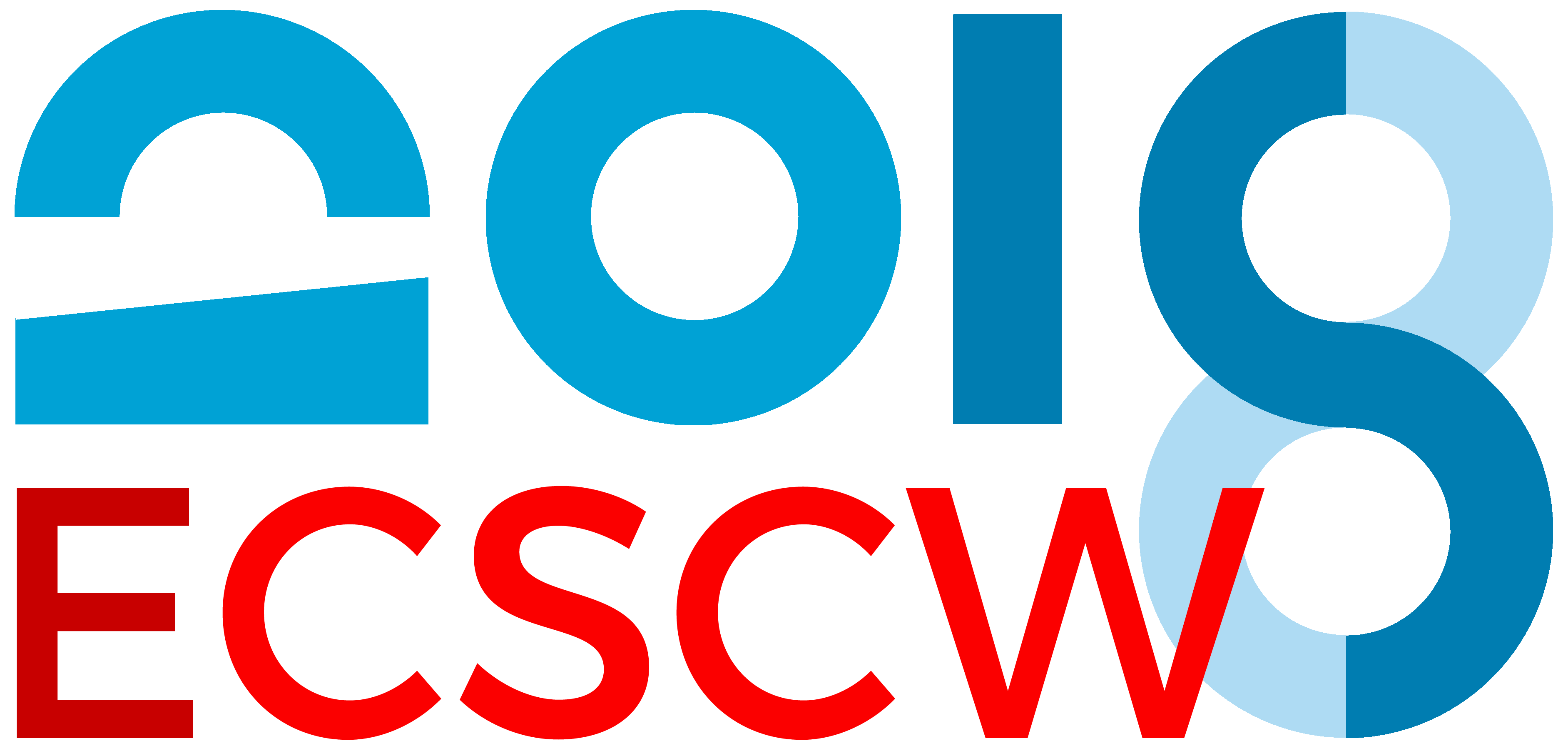As a research area, CSCW was formed in response to the early development and use of collaboration technologies, as researchers from different disciplines and in different contexts began to try to understand the potentials and issues of these new technologies. As a result, CSCW was from the outset a rather heterogeneous area, spanning not only computer science and social science but also a manifold of distinctly different research paradigms. In important ways, CSCW is still characterized by such heterogeneity, not least because new collaborative technologies, made possible by underlying technological advances in distributed computing, give rise to new potentials and issues, and also because collaborative technologies become applied in new work domains and related use contexts. But at the same time, in the midst of this heterogeneity, a research program has been articulated and developed that attempts to build, from the bottom up, a conceptual framework for our understanding of the design and use of collaboration technologies in actual work practices. The critical issue in this effort is to be able to transfer those findings to other settings as lessons learned. This issue, in turn, makes it crucially important to clarify the key concepts (such as ‘work practice’, ‘coordinative artifact’, ‘technique’ and ‘technology’, ‘infrastructure’) in terms of which findings are compared.
The master class will give an overview of the main themes of CSCW research and will focus on the problems of clarifying the key concepts of CSCW.
Organiser: Kjeld Schmidt
Kjeld Schmidt holds a doctoral degree in sociology and is Professor (em.) of Organization, Technology and Work at Copenhagen Business School, Denmark, and Senior Professor at the University of Siegen, Germany.
Kjeld Schmidt has been involved in the research area of Computer-Supported Cooperative Work (CSCW) since the 1980s and has played a key role in defining the field. His research primarily focuses on the conceptual foundations of CSCW research.
He is the author of Cooperative Work and Coordinative Practices (Springer 2011). In addition, he has published 70+ peer-reviewed journal articles, conference papers, and book chapters and has co-edited 23 books and 4 special issues. Kjeld Schmidt has been Editor-in-Chief of the international journal Computer Supported Cooperative Work (CSCW) since its launch in 1992 and has at the same time been centrally involved in organizing a large number of CSCW conferences.




